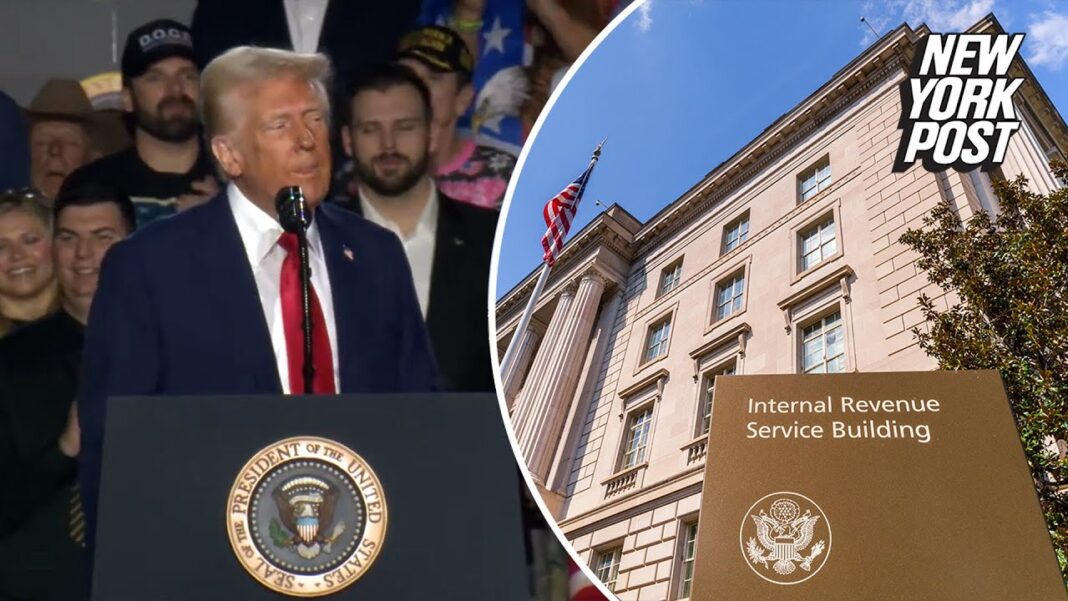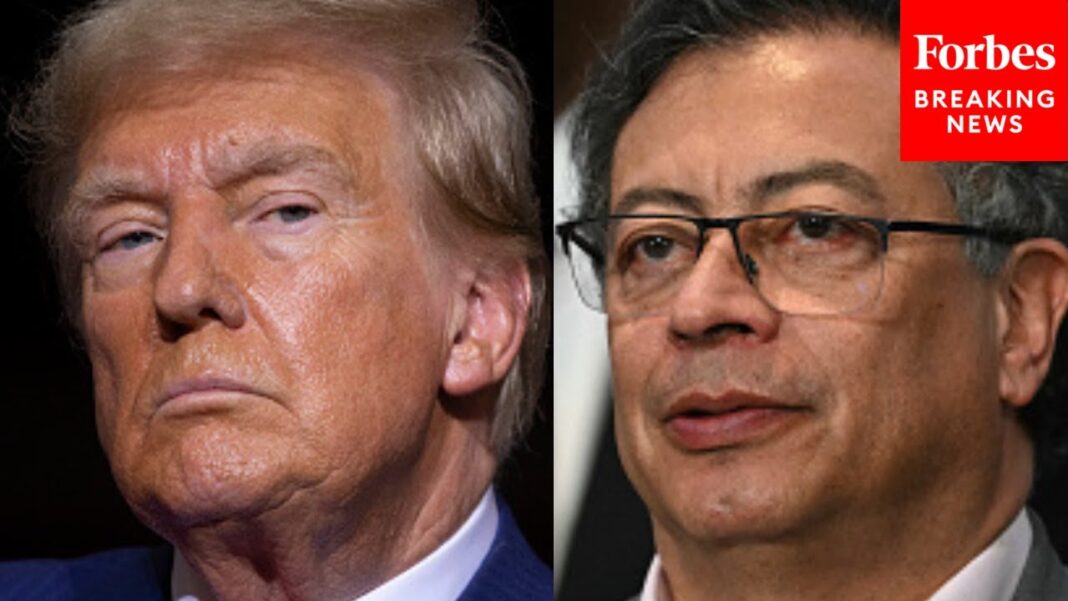
It is unclear whether Calin Georgescu, who emerged as the frontrunner in Romania’s canceled presidential election, will be allowed to stand in a new election.
The European Court of Human Rights (ECHR) on Tuesday rejected an appeal to overturn a Romanian court’s recent decision to annul a presidential election in which a political outsider had emerged as the frontrunner. In its ruling, the ECHR said the appeal, filed by presidential candidate Calin Georgescu, fell outside its jurisdiction.
For some establishment figures within Europe, it was a victory in what they see as a long-running battle for democracy. However, with Romania gearing up for an election re-run in the spring, some observers maintain that the Romanian court decision was a blatant example of what is now commonly referred to as “lawfare.”
In December 2024, Romania’s Constitutional Court annulled the first-round results of a presidential poll in which Georgescu secured the highest number of votes.
In justification for the decision, the court cited alleged violations, while Romania’s security authorities accused Russia of having meddled in the electoral process.
At the time, Romanian Prime Minister Marcel Ciolacu voiced support for the move, calling it the “only correct solution.”
“I see it as an internal coup,” said Frank Furedi, executive director of MCC Brussels, a Belgium-based think tank that is frequently critical of EU policy.
According to Furedi, Romania’s political establishment has essentially said, “We don’t like the election results … so we’ll go to the courts and rule them null and void.”
“It’s very much an expression of the politicization of the judiciary, where the courts are used as a political weapon to isolate opponents,” he told The Epoch Times.
Cem Karadeli, a Turkish political analyst and a professor of international relations at Ankara’s Ufuk University, agreed.
“Romania had a very interesting populist candidate who was likely to win the elections,” he told The Epoch Times. “But then we saw that it was prevented by the country’s Supreme Court. It looked very much like direct intervention by the European Union”
Others, however, have taken the opposite view, stressing the court’s constitutional duty to safeguard elections from malign foreign influences.
By Adam Morrow







